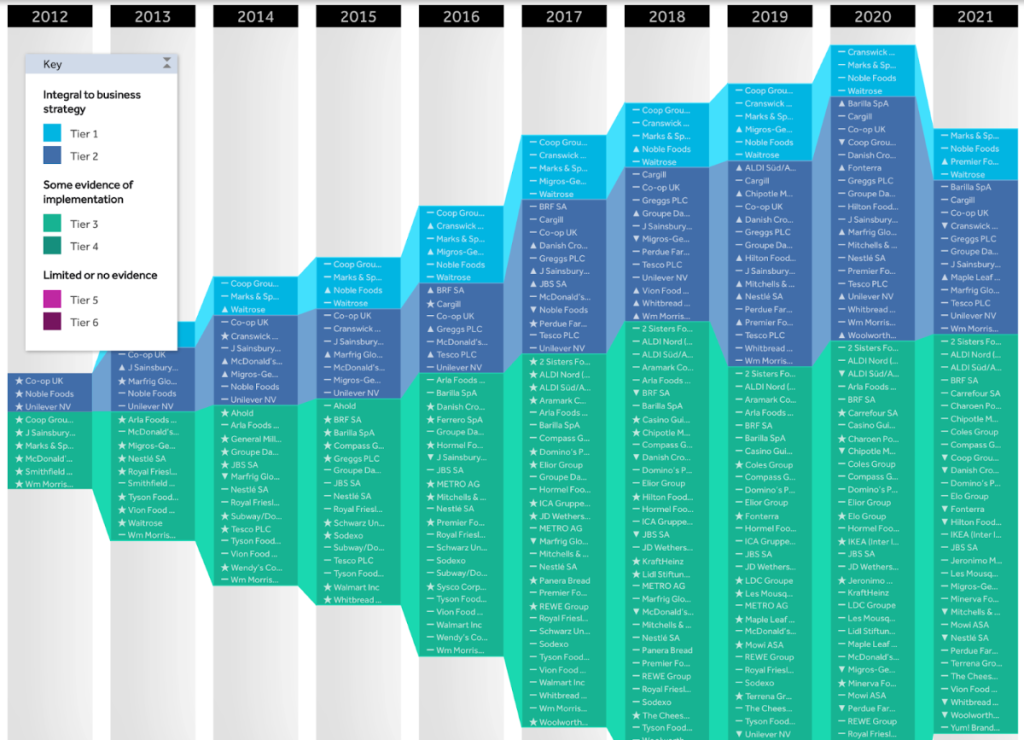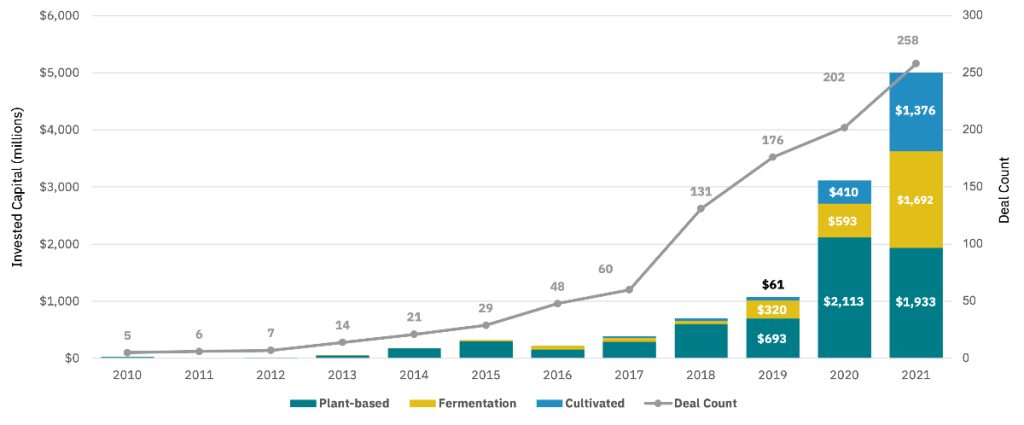This post originally appeared in the monthly farm animal welfare newsletter written by Lewis Bollard, program officer for farm animal welfare. Sign up here to receive an email each month with Lewis’ research and insights into farm animal advocacy. Note that the newsletter is not thoroughly vetted by other staff and does not necessarily represent consensus views of Open Philanthropy as a whole.
Progress for farm animals has been far too slow. In 1822, Britain passed the first national law protecting farm animals. Two centuries later, most countries — including China and the United States — still lack such a law. In 1975, Peter Singer published Animal Liberation. Half a century later, about ten times more animals are factory farmed every year.
But in the last decade, advocates have achieved unprecedented progress for farm animals. For the holidays, I want to step back and reflect on everything you’ve achieved — and much of it was achieved by readers of this newsletter — to start to turn the tide for farm animals.
Corporate Change
A decade ago, most of the world’s largest food corporations lacked even a basic farm animal welfare policy. Today, they almost all have one. That’s thanks to advocates, who won about 3,000 new corporate policies in the last ten years.
Take the battery cage. About seven billion birds, or roughly one for every human on the planet, are crammed into these microwave-sized containers. A decade ago, Europe had just moved to slightly larger enriched cages, and US advocates were pushing for a similar reform. Abolishing cages altogether seemed impossible.
That changed in 2015-18, as advocates secured cage-free pledges from almost all of the largest American and European retailers, fast food chains, and foodservice companies. Advocates then extended this work globally, securing major pledges from Brazil to Thailand. Most recently, advocates won the first global cage-free pledges from 150 multinationals, including the world’s largest hotel chains and food manufacturers.
A major question was whether these companies would follow through on their pledges. So far, almost 1,000 companies have — that’s 88% of the companies that promised to go cage-free by the end of last year. Another 75% of the world’s largest food companies are now publicly reporting on their progress in going cage-free.
Of course, some companies will still shirk their pledges. But 165M more hens are already cage-free in Europe and the US today than were a decade ago, and advocates are on track to help over 300M more just by getting companies to follow through on their existing policies.

Alternative Protein Acceleration
In 2012, alternative proteins were decidedly “alternative.” No major meat company was making plant-based meat, no major US fast food chain was serving it, cultured meat hadn’t yet been cultured, Beyond Meat hadn’t gotten beyond Whole Foods, and Impossible burgers weren’t yet possible.
Today, the world’s largest meat companies — from Brazil’s JBS to America’s Tyson Foods — mostly have their own plant-based meat brands. Germany’s biggest meat producer said this year that half of its future product range will be meatless. One of the world’s largest seafood companies, Thai Union, even launched plant-based seafood.
The world’s largest fast food chains now mostly have a plant-based option — with one noticeable McException. Yum Brands, owner of KFC and Pizza Hut, calls plant-based foods “part of a global movement influencing menus at all of our restaurants.” Burger King is selling plant-based whoppers at most of its global locations; in Belgium, they now account for one in three whoppers sold.
Even after a bad year, plant-based meat sales are more than twice what they were five years ago. Alternative protein startups have raised a “mere” $2.2B so far this year, down from a colossal $5B last year, but still about $2.2B more than they raised in 2012. Globally, over 1,000 such companies are now racing to bring new products to market, including over 200 in Asia.
Americans can soon join Singaporeans in sampling cultured meat, thanks to a recent FDA approval. And governments are finally investing the long-term patient capital needed to solve the major technical barriers to scalability that remain. Most recently, the Netherlands allocated a record €60M to the space.
Indeed, alternative proteins seem to be growing on even the world’s largest governments. China’s President Xi spoke of them this year, as did China’s new Bioeconomy five year plan. The US White House made its first supportive statements. And the EU member states’ new Common Agricultural Policy strategic plans made frequent mention of them.

Moral Circle Expansion
In 2012, the world’s few farm animal welfare laws and corporate policies mostly just covered mammals. We were largely too chicken to take on the plight of the roughly 30B birds, or the roughly 75B fish, on factory farms. And we all lacked the backbone to talk about the plight of the hundreds of billions of aquatic invertebrates.
Since then, almost every new farm animal welfare law and corporate policy globally has focused on chickens. Seven US states, led by California and Massachusetts, banned battery cages and the sale of caged eggs. Austria, France, and Germany banned the killing of most day-old male chicks — all three laws went into effect this year. The European Commission recently promised to follow suit across Europe — and to ban cages and raise standards for chickens raised for their meat.
Fish welfare is also finally rising to the surface. British and German retailers adopted their first fish welfare policies, as did the world’s biggest fish sustainability certification schemes. Canada, the Netherlands, Norway, and Spain adopted the world’s first national guidelines on fish welfare. And the EU may soon require all farmed fish in the bloc to be stunned before slaughter — a small mercy still denied to almost all of the world’s fish.
Popular opinion agrees. A 2018 survey of 9,000 Europeans found that 79% think the welfare of fish should be protected as much as the welfare of other farm animals. A new survey found that 60-95% of people surveyed in 14 large countries, including China, India, and the US, believe that chickens and fish can feel both pain and emotions.
Even crabs are crawling into the limelight. The world’s biggest shrimp producer, CP Foods, stopped cutting the eyestalks off breeding females. And this year, the UK this year enacted an animal sentience bill that for the first time recognized crabs, octopus, and lobsters as sentient beings.
The movement to help farm animals has also become truly global. A decade ago, almost all advocacy was concentrated in Europe and the US. Today over 200 groups advocate for farm animals across over 100 countries, accounting for over 90% of the world’s farm animals.
***
None of this progress was inevitable. It was mostly the result of sustained and focused advocacy, much of it done and funded by all of you. This holiday, I hope you’ll take a moment to celebrate the progress you’ve helped achieve. And, if you can, I hope you’ll pledge to devote your time or money toward accelerating this progress in 2023. We still have a very long way to go. But you make me optimistic that we’ll get there — and I’m grateful for all that you do for the animals. Happy holidays!
